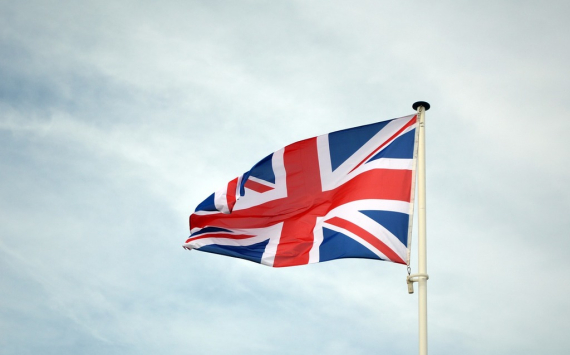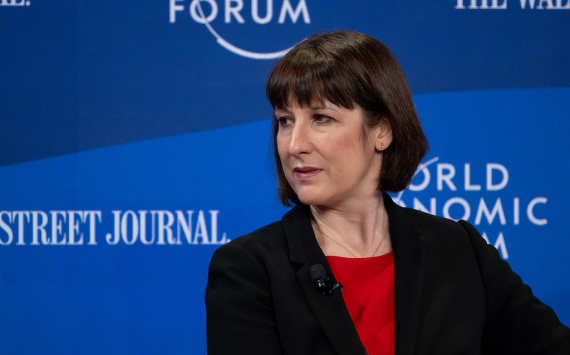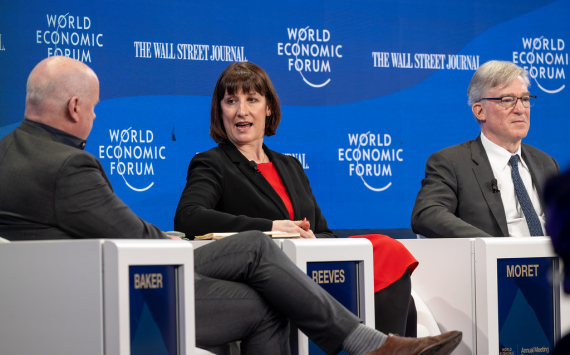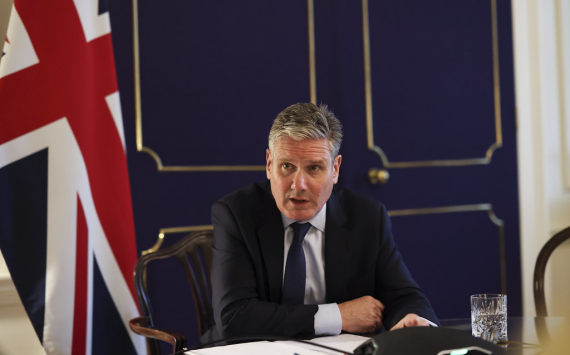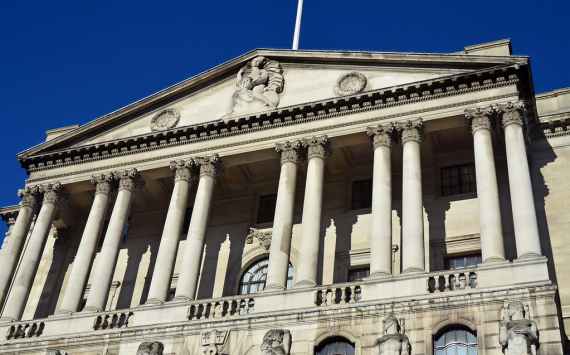
Rate hike
The Bank of England raised its rate for the tenth time in a row, by 50 basis points, to 4% per annum, according to a statement on the regulator's website.
Edward Park, investment director at investment management firm Brooks Macdonald, said that while the two central banks had made the same move in interest rates, "their narratives were quite different".
The 4% level reached was the largest since October 2008. Most economic analysts polled by Reuters had predicted that the regulator would raise the rate by just that amount, repeating its December decision. At that time the rate rose by 50 bp to 3.5%.
At the same time, a small number of experts had expected a less drastic rate increase of 25 bp. They did not rule out that the members of the Bank of England's monetary policy committee might consider the rate of inflation to have fallen significantly at the end of 2022. UK price growth slowed to 10.5% year-on-year in December 2022, down from 11.1% in October. This was still well above the regulator's target of 2%.
"The European Central Bank (ECB) is expected to maintain its hawkish stance as they are further away from restrictive territory than the US and UK, which have already raised interest rates," added Edward Park. The ECB's statement "did not signal a clear change in policy stance", said Capital Economics' chief European economist, while the Bank of England and possibly the US Federal Reserve have delivered dovish surprises in the past 24 hours.
Automatic rate hike
As far as an automatic rate hike is concerned, the Bank of England will refuse to do so and will make decisions in the future depending on the economic situation in the country, including the rate of inflation. The Monetary Policy Committee (MPC) said so in a statement published on the regulator's website on Thursday.









